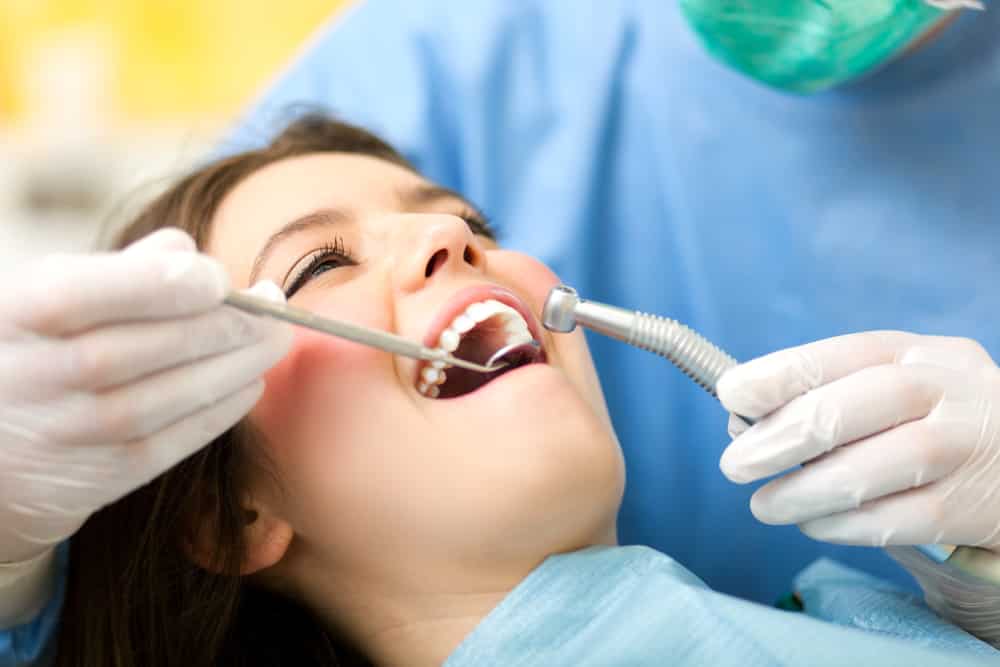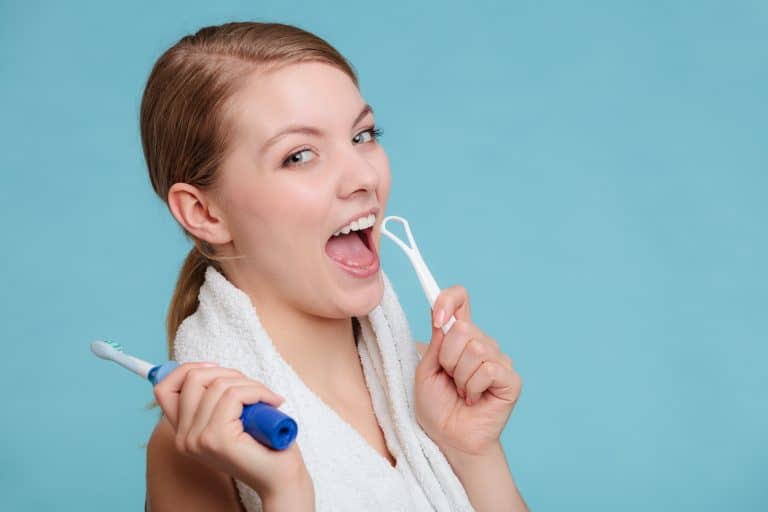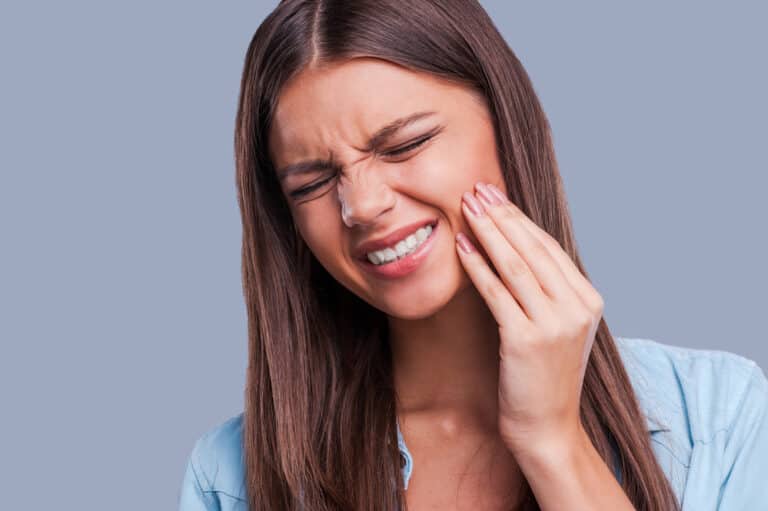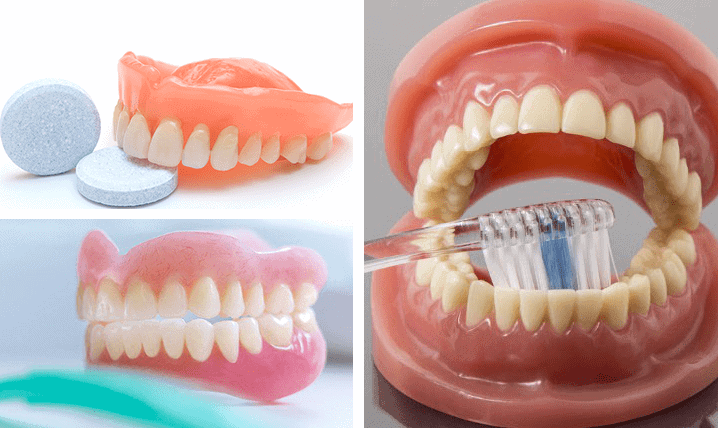Dental check-ups are like a window into your oral health – an opportunity to get a glimpse of your mouth’s well-being and take the necessary steps to ensure your teeth remain in tip-top shape.
But how long should you expect a dental check-up to last?
This article will explore the factors that affect the duration of a dental check-up, the common appointment lengths, and tips for making the most of your visit.
With an understanding of the process, you can have a more informed and productive check-up experience.
The Basics of Dental Check-Ups
A dental check-up is a routine appointment with a dental professional that is designed to assess the condition of the teeth, gums, and other oral tissues. During a dental check-up, the patient will typically be seated in the dental chair in order for the dentist to examine the teeth, gums, and other areas of the mouth.
Some check-ups may also involve the use of dental X-rays, an ultrasonic scaler, or a dental cleaning. Every patient should be aware of the importance of regular check-ups in order to maintain good oral health.
During a dental check-up, the dentist will be able to examine the patient’s teeth and gums to identify any potential issues and provide advice on how to improve oral hygiene. A regular check-up typically lasts between 30 minutes to an hour, depending on the patient’s needs.
Factors Affecting Dental Check-Up Duration
Various factors can influence the time required for a dental examination.
Gum Disease, Oral Cancer, Oral Health, Deep Cleaning, Dry Mouth, Medical History, Dental Health, Treatment Plan, Fluoride Treatment, and Signs of Tooth Decay can all affect the length of a dental examination.
For example, if a patient has Gum Disease or Oral Cancer, the dentist will have to take extra time to diagnose and determine a suitable treatment plan. Similarly, if a patient has signs of tooth decay or dry mouth, a deep cleaning may be necessary.
Additionally, if the patient has a complex medical history, the dentist will need to take extra time to ensure the patient’s dental health. Finally, the dentist may also need to provide a fluoride treatment or other preventive treatment to ensure the patient’s oral health.
All of these factors can affect the duration of a dental check-up.
Common Appointment Lengths
The average length of a dental check-up appointment varies depending on the complexity of the patient’s oral health. Generally, a routine dental check-up and cleaning may take between 30 minutes and an hour.
However, if the patient has a complex set of dental care needs, such as multiple restorations, the appointment may last longer. If the patient needs to have wisdom teeth removed, the appointment may take up to two or three hours. If the patient has oral diseases, such as periodontal disease, the appointment may take even longer.
In all cases, a dental professional will take the necessary time to ensure that the patient’s oral health and teeth are healthy and free of any issues or problems. Professional tooth cleaning is a key component of any dental check-up and is essential to maintain healthy teeth and gums.
Tips for Preparing for a Check-Up
Preparing for a dental check-up appointment can help ensure that the procedure is completed efficiently and successfully. For a healthy smile, regular dental check-ups are recommended to detect any signs of decay. Furthermore, regular visits to your dentist are necessary to prevent tooth decay and other oral health issues.
Here are a few helpful tips to consider when preparing for a dental check-up:
- Brush and floss daily to reduce plaque build-up
- Avoid eating or drinking just prior to your appointment
- Be aware of any oral hygiene concerns
- Discuss any current oral health issues with your dentist
The Benefits of Regular Check-Ups
Regularly attending check-ups can lead to numerous benefits to oral health. Dental check-ups are essential for maintaining good oral hygiene and health.
Visiting the dentist for a check-up on a regular basis allows for early detection of any potential dental problems and allows for quick and effective dental treatment. A clean visit to the dentist typically takes an average time of 45 minutes. During this dental appointment, the dentist will use a mouth mirror to inspect the teeth and gums and will provide hygiene suggestions to maintain a good oral hygiene routine.
It is important to be on time for the appointment so that the dentist can provide the necessary treatment and the patient can receive maximum benefit from the visit. Without insurance, the average time for a dental checkup can be longer, but is still important to maintain proper oral hygiene.
Regular check-ups are beneficial for overall oral health and should be a priority for all individuals.
What to Do if You Experience Prolonged Appointments
Attending an appointment that exceeds the average time of 45 minutes can be an unexpected obstacle. To ensure the best results, it is important to recognise when something is amiss and take appropriate action.
Here are a few things to do if a dental check-up appointment takes too long:
- Identify any existing dental concerns: If the dentist spends an excessive amount of time on one specific area, they may be trying to diagnose a bacterial infection or signs of gum disease.
- Request an oral prophylaxis: A thorough cleaning of the teeth can help prevent further tooth loss and periodontal disease.
- Discern if dental plaque is present: Dental plaque can take longer to remove and may be the cause of the prolonged appointment.
- Evaluate your oral hygiene habits: Poor oral health habits can lead to more extensive dental visits, so it is important to assess and address any changes that need to be made.
Ultimately, the quality of the dental visit is paramount. If you feel that something is not right, be sure to express your dental concern to your dentist. Additionally, if a wisdom tooth is the cause of the extended appointment, it is important to follow the dentist’s recommendations for the best results.
Making the Most of Your Check-Up Visits
Maximising the benefits of a dental check-up visit requires thoughtful preparation and consistent attendance. Pregnant women and those with a family history of oral health issues should inform their dentist before their appointment in order to receive the most effective treatment.
Additionally, it is important to have all necessary dental tools, such as a toothbrush and floss, available for the appointment. Regular cleanings and exams help to maintain a healthy mouth by allowing the dentist to identify potential issues and provide proper treatment. Furthermore, special tools may be required to perform an invasive procedure, such as scaling safely.
During the visit, the dentist will also examine the gums for signs of inflammation and other issues. Lastly, it is important to discuss a payment plan and dental history with the dentist to receive the best oral care.
Key Takeaways
Regular dental checkups are essential for maintaining good oral health.
While the exact duration of a check-up appointment may vary depending on the individual patient, factors like a patient’s age, overall health, and the complexity of the dental work can influence the length of time needed for an appointment.
Taking the time to prepare for a dental checkup adequately can help ensure that the appointment runs as smoothly and quickly as possible.
By attending regular check-ups, patients can benefit from improved dental health, early detection of any potential problems, and peace of mind.
With proper planning and preparation, dental check-ups can be an efficient and rewarding experience for everyone.
If you’re looking for a professional and experienced dental team to take care of your oral health needs, look no further than Ashfield Family Dental. Our team of qualified and experienced dentists in Ashfield, NSW offer a wide range of services to ensure their patients’ dental health is in top shape. Book an appointment today and experience the difference that regular check-ups can make in your oral health.




